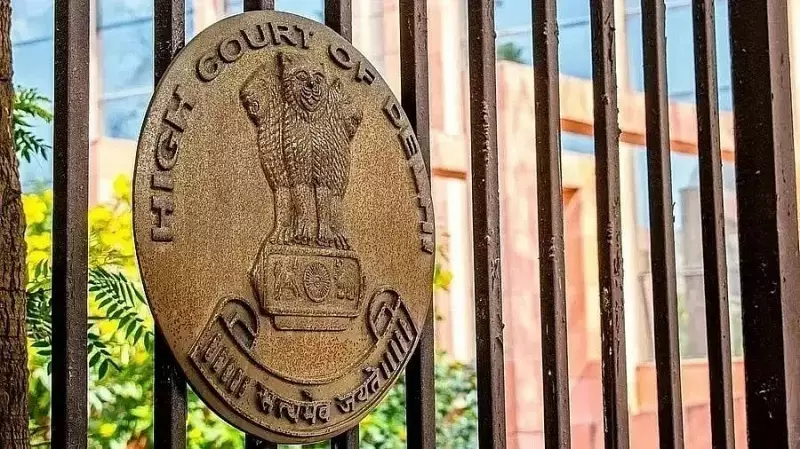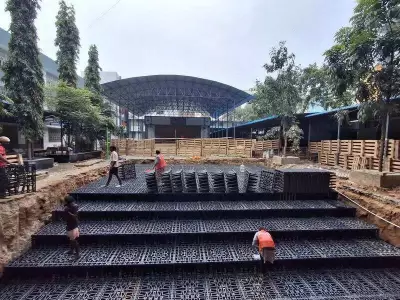
In a significant ruling that brings relief to overseas Indians, the Delhi High Court has permitted a couple residing in Canada to participate virtually in medical board proceedings for surrogacy. The decision, delivered on November 20, 2025, marks an important step in making surrogacy procedures more accessible to Indians living abroad.
Court's Rationale for Virtual Participation
The high court observed that since the medical board primarily needs to examine relevant medical documents and records, insisting on the couple's physical presence at this stage was unnecessary. The bench emphasized that the virtual participation would not compromise the integrity of the proceedings while significantly reducing the logistical and financial burden on the aspiring parents.
This judgment comes as a relief to many non-resident Indian couples who face similar challenges in navigating India's surrogacy regulations while living overseas. The court's pragmatic approach acknowledges the realities of global mobility and technological capabilities available in today's interconnected world.
Impact on Surrogacy Regulations
The decision sets an important precedent for how medical boards can handle cases involving overseas applicants. The court's ruling on November 20, 2025 demonstrates the judiciary's willingness to adapt traditional procedures to contemporary needs, especially in matters as sensitive as reproductive rights and family planning.
Medical boards examining surrogacy cases typically assess the medical necessity and eligibility of couples seeking surrogacy arrangements. The Delhi High Court's direction ensures that while maintaining all necessary medical scrutiny, the process becomes more inclusive for Indians living abroad who wish to start families through surrogacy in their home country.
This ruling is particularly significant given India's evolving surrogacy legal framework, which has seen several changes in recent years. The court's decision balances regulatory requirements with practical considerations for couples facing genuine constraints in traveling to India for preliminary procedures.
Broader Implications for Overseas Indians
The judgment opens doors for similar accommodations for Indian couples residing in other countries who wish to pursue surrogacy in India. The virtual proceedings approval could serve as a model for other high courts and medical boards dealing with comparable situations.
Legal experts believe this decision could influence how other reproductive and medical procedures are handled for overseas Indians. The integration of technology into medical-legal processes represents a positive step toward making essential services more accessible to the global Indian diaspora.
As India continues to be a preferred destination for medical procedures, including reproductive treatments, such judicial interventions help streamline processes while maintaining necessary oversight and medical standards.





